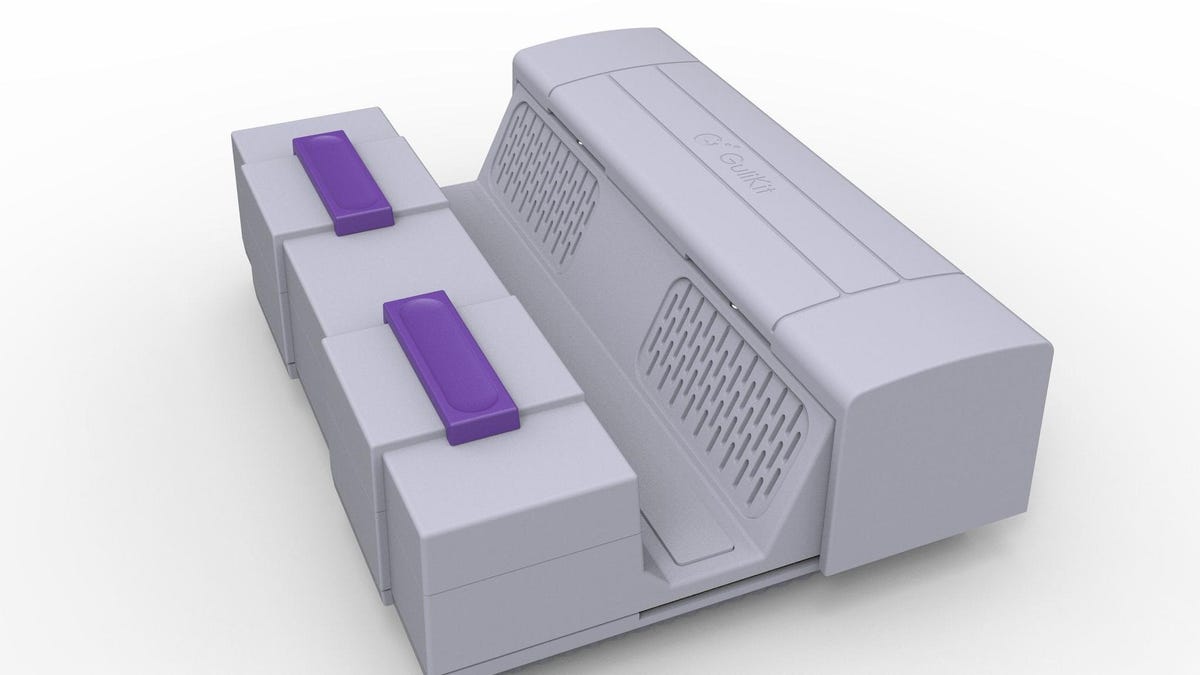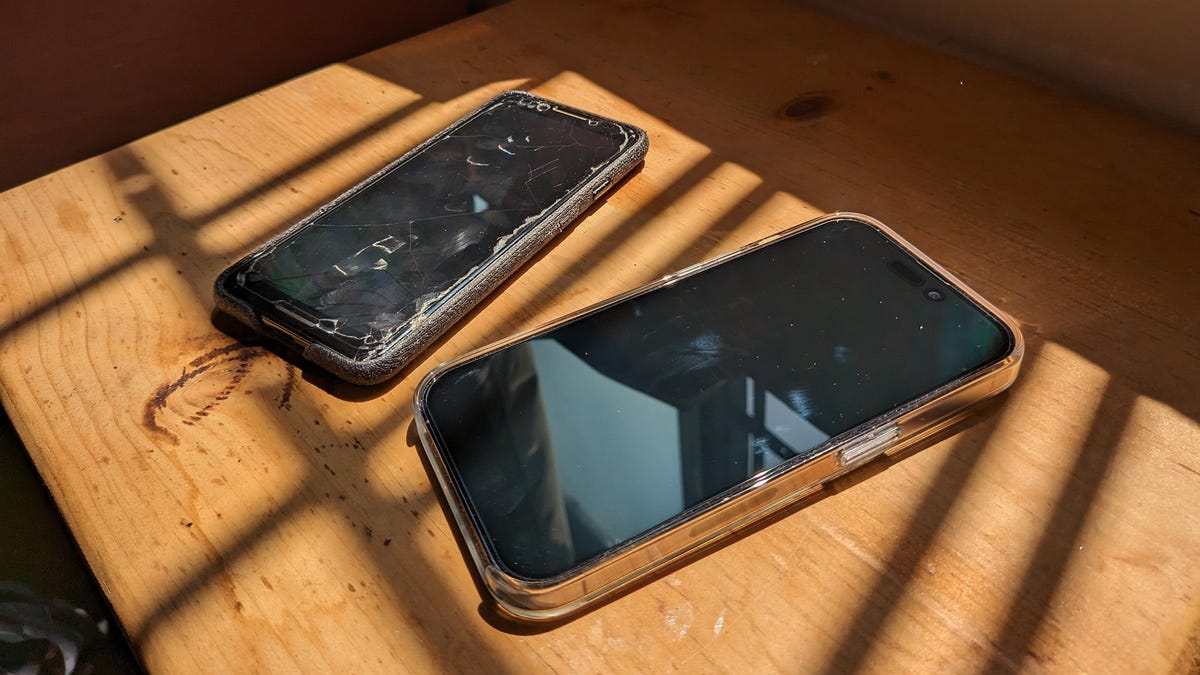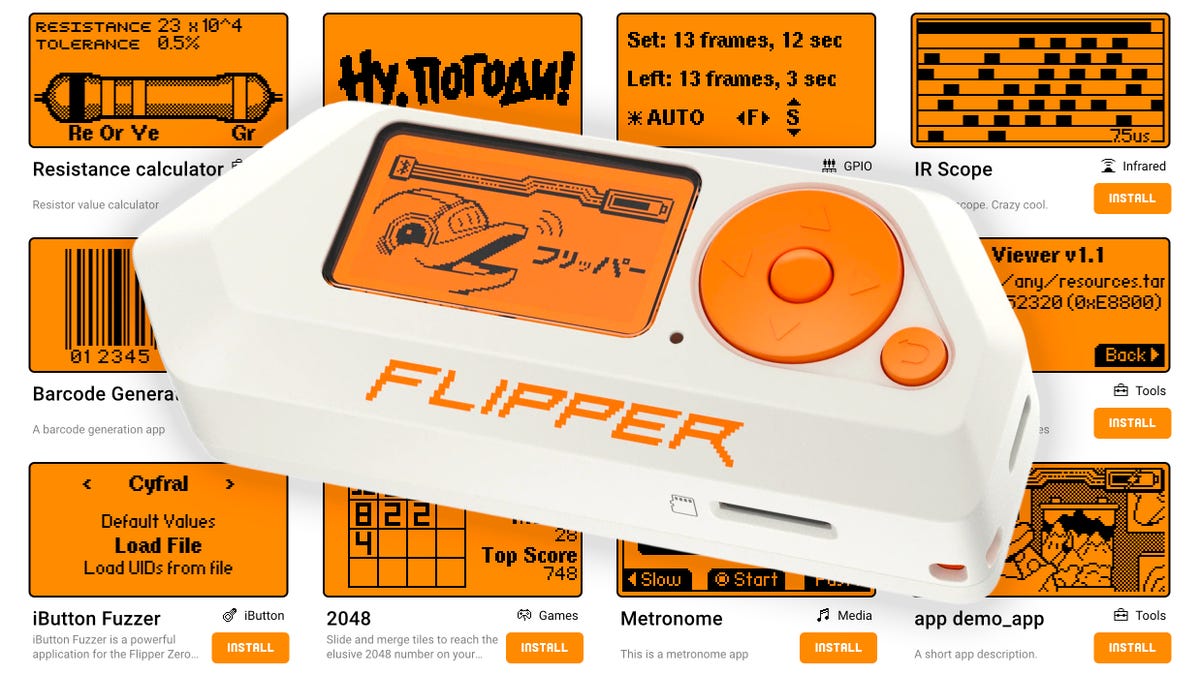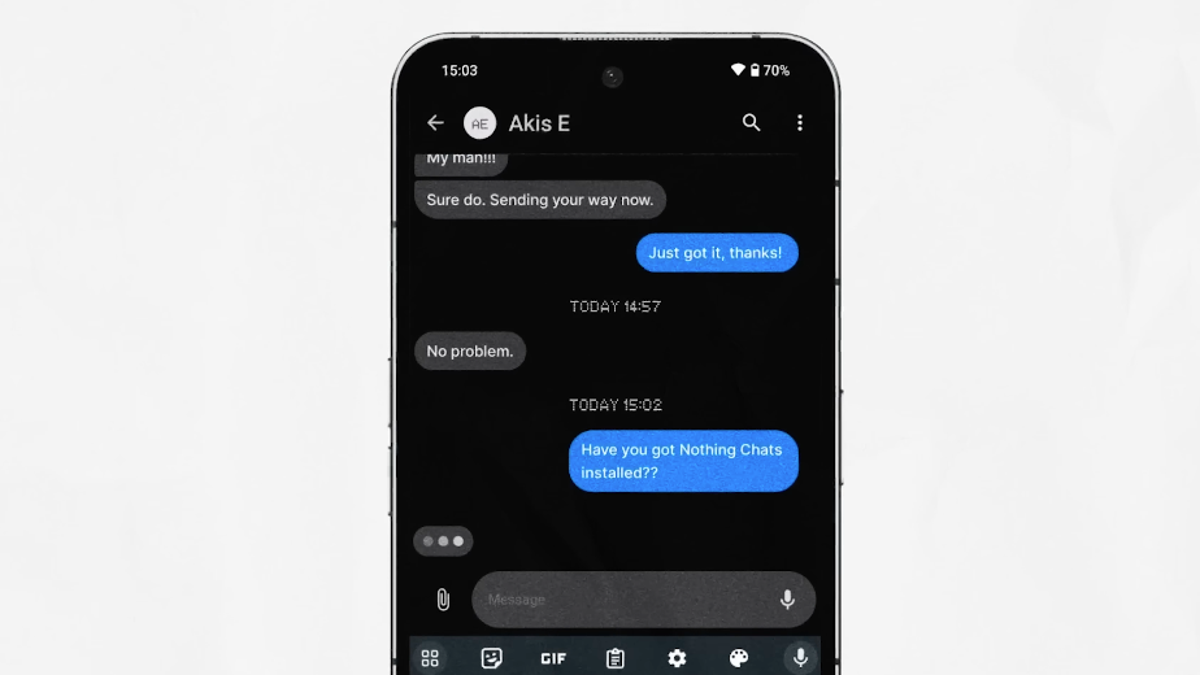How’s that whole metaverse thing going? Well, according to one top analyst’s sales expectations for the Quest 3 mixed reality headset, not as well as Meta might hope. That, plus the news that Meta keeps firing people from its Reality Labs division responsible for making the company’s prized VR products signals a slowdown in the race to leave meatspace behind.
Meta just got done hyping people up about its latest VR headset at its Meta Connect conference last week. The $500 device is supposed to combine full-color altered reality and virtual reality in one device, but Meta may not see the kind of demand it did for the Quest 2 when it first launched. TF International Securities industry analyst Ming-Chi Kuo reported Thursday that shipping forecasts for the Quest 3 in the second half of 2023 were originally set at more than 7 million units earlier this year. That’s been cut down to between 2 to 2.5 million units for the second half of 2023, and he’s expecting the company to ship just 1 million units next year.
Things aren’t looking much better for the newly featured Ray-Ban Meta Smart Glasses. Meta will only ship about 1.5 million for the product’s entire lifecycle, according to Kuo’s forecasts. The original Ray-Ban Stories put out by Meta back in 2021 had only about 50,000 active users, and this was back when the company expected to ship about 2 million units. After lower-than-expected sales, Meta cut that number down to about 300-400,000 glasses.
The shipping expectations for the Quest 3 come at a rather bad time for Meta. Based on two unnamed sources, Reuters reported that Meta conducted yet another round of layoffs, this time targeting the folks who make the custom chips for the company’s VR hardware. The team impacted by the cuts is reportedly the Facebook Agile Silicon Team which builds the custom chips for Meta’s AR/VR offerings. It’s unclear how many people were axed, but internal messages reportedly showed that members were under review Tuesday and were supposed to be notified if they were safe by Wednesday.
The company has reportedly struggled to make its own chips more powerful than other dedicated chipmakers like Qualcomm. The Information reported last year that despite efforts to make a chip to go into the new Ray-Ban glasses, the company opted to go with Qualcomm instead. The new glasses contain a Qualcomm Snapdragon AR1 Gen1 chip. The Quest 3 will use a Snapdragon XR2 Gen 2.
Last year’s Meta Quest Pro also failed to meet the company’s sales expectations, and just a few months after release the company cut the $1,500 headset down to $999. Meta is expecting to compete directly with Apple’s $3,500 Vision Pro, so it tried marketing its latest VR experience as having some of the same features as Apple’s ultra-expensive product as it features hand tracking and full-color passthrough for a seventh of the price.
To be clear, Kuo has made similarly grim predictions for the Vision Pro headset as well, estimating Apple will only be able to ship 400,000 to 500,000 units next year. He also further claimed the Vision Pro sequel won’t see the light of day until 2027. He’s not bullish on headsets simply because users need to be told why they would even need one of these devices in their lives, saying “the Vision Pro may take longer than the market expects to become the next star product of the iPhone.”
Over its lifetime, the Quest 2 has maintained the biggest part of the VR market share according to data from Counterpoint research. Still, total VR headset shipments declined by 50% going into the second quarter of this year, and it was only saved from further issues by the PlayStation VR2’s release.
But the dream of the metaverse depends on more people actually owning low-cost, easy-to-use AR/VR goggles. Otherwise, there’s nobody to step into the no-longer-virtual-only virtual reality platform Horizon Worlds. According to a leaked roadmap, Meta hopes to have full AR glasses by 2027. Perhaps if the glasses defy the naysayers and take off, Meta could have the iPhone moment it’s desperately wanted since Mark Zuckerberg vacated the Facebook name. Until then, VR goggles may remain niche.








